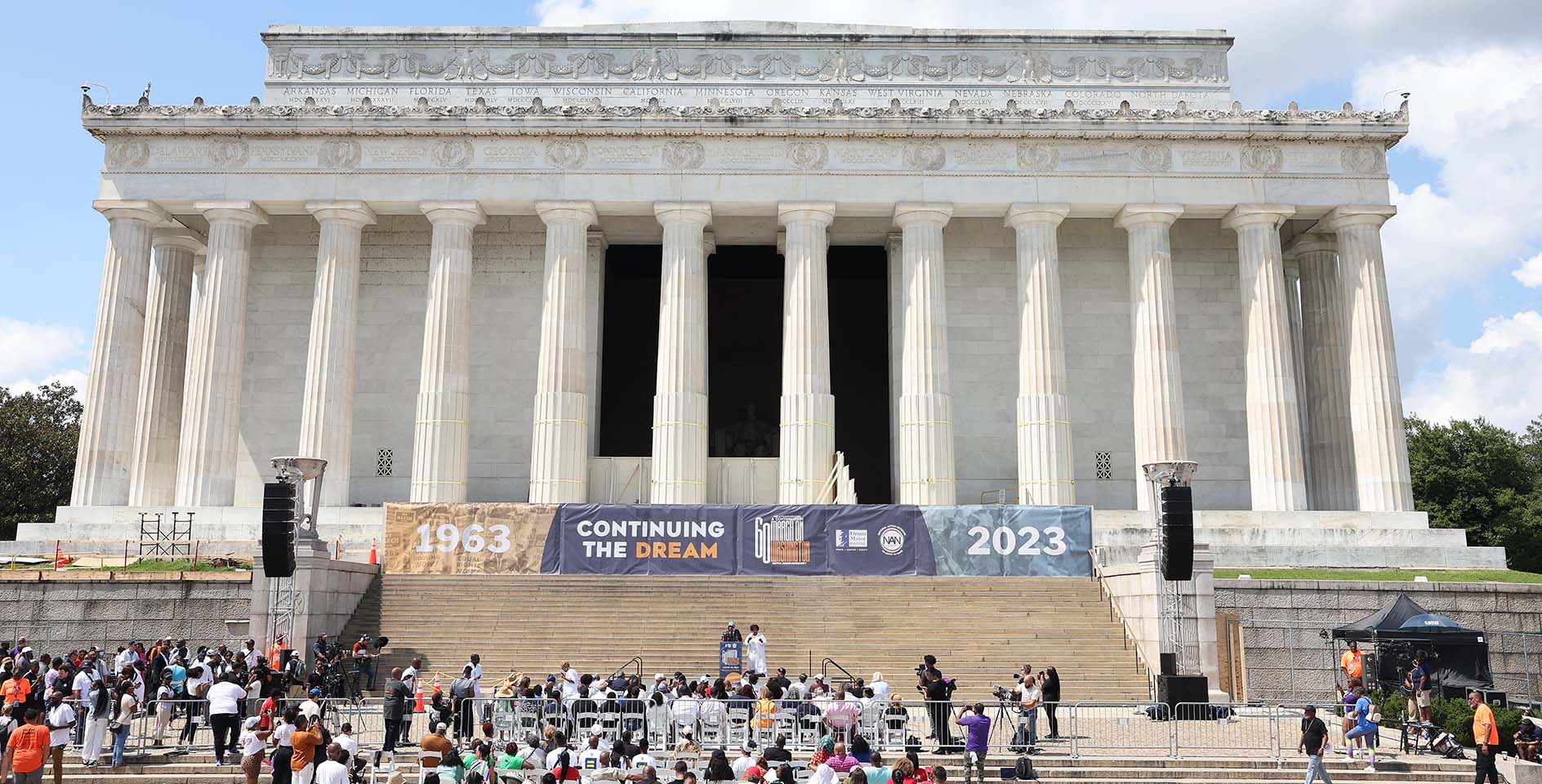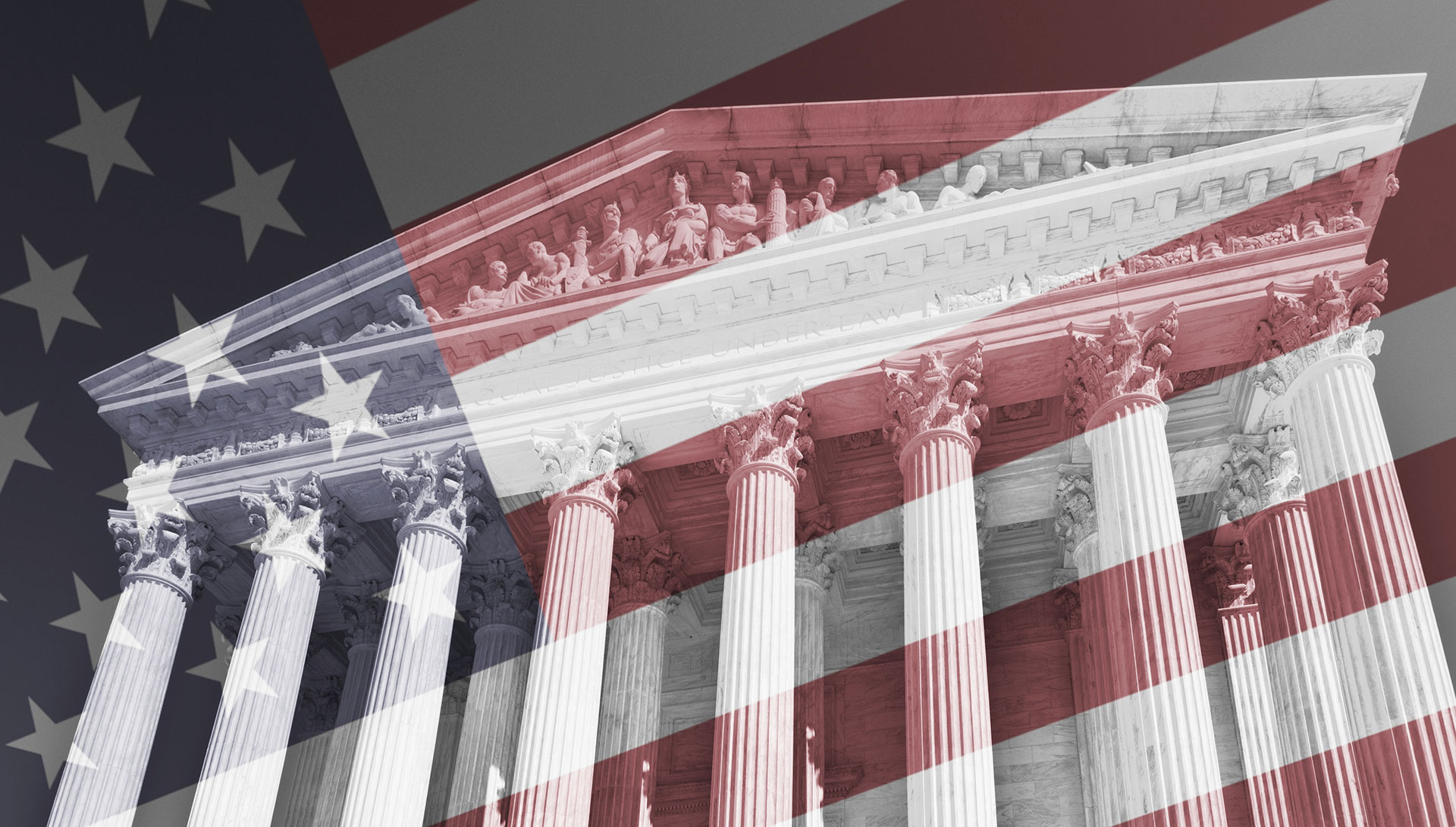As an evangelical scholar of color, I live in a divided world. At the Southern Baptist Theological Seminary, I teach in a evangelical context where most of my colleagues and students are white. As an evangelical preacher, I get many invitations to preach in predominately white evangelical contexts and some in predominately black and brown contexts.
As a member and contributor to the broader academic guild, I spend most of my time critically engaging black, brown, white and various international scholars in my academic sphere and outside of the evangelical world. Although vast, each context plays a role in shaping me as an evangelical scholar and churchman of color.
Taboo race discussions
What often strikes me is how much I disagree on matters of race with those in the evangelical world with whom I have much in common theologically. I’ve discovered it’s very difficult at times for white evangelicals to talk about race, or to admit these discussions are an important and necessary step toward gospel reconciliation. Some even wonder whether talking about it is helpful at all.
One might think only white evangelicals in the U.S., who either have never or have suffered very little racial marginalization because of their racial identity, are the only ones guilty of the above.
But I’ve discovered some black and brown evangelicals, whose lives are entirely assimilated within a predominately white evangelical context, also wonder whether constant race discussions are profitable or helpful efforts of gospel unity. They may even recoil at these discussions.
In what follows, I offer some personal reasons why race matters and why evangelical discussions about race are necessary.
My story
I grew up in a small and racist town in Eastern Kentucky. My father was African-American. My mother is a combination of African-American, Anglo and Cherokee Indian. I was called n****r by whites, and called half-breed, high yellow, n****r-white, red bone, and Uncle Tom by the few blacks in my community.
I was always the only black person on my athletic teams throughout my childhood and teenage years. With the exception of my uncle, all of my athletic coaches were white and most of my teammates were always white—many of whom had very little if any social interaction with black people apart from sports. I played sports for at least two racist coaches, one of which called me a racist slur to my face.
In high school, my uncle had to explain to me why I, a black kid, could not take a white girl to the local drive-in theatre—and this was in the 1990s! I also had at least a couple of racist high school teachers. One particular white teacher made it a practice to say n****r in a class full of white students and one black student.
During my freshman year, a gang of white students attacked one of our school’s few black students. And a white teacher slammed the black student against the lockers to break up the fight, in spite of the fact that he was the one being assaulted. And the white principle put both the black student and the white students, who started the fight, in detention together—even though the black student was the victim. When the word spread that some of these white students planned to attack me for no apparent reason other than they did not like blacks, the best that one of my white teachers could say was “watch your back.”
Racism in the body
At the age of 17 in 1996, the Lord Jesus saved me. In my little Eastern Kentucky town, there were no “black” churches. There were only predominately white churches. I joined the Southern Baptist church in my community the Lord used to bring me to faith. I was the first African-American to join the church in its history. A year later, my uncle was the second African-American. This congregation personified racial reconciliation, but a very small minority within the congregation was not happy about a black kid (who at the time had a white girlfriend) joining their church.
This reality came as a shock, because it reminded me racism was inside of the church. Since then, I’ve discovered the very denomination of which I’m a part of came into existence partly because of racism. The same is true about the evangelical movement in this country.
Intellectual racism
During my four years of college, I did not have any black or brown professors. My white professors never made us read any books written by black or brown authors. Unfortunately, graduate school was not much different. I completed two masters degrees and a Doctorate of Philosophy. During this time, I never had one black or brown professor. And I was never required to read any black or brown scholars.
The most austere example of racial disparity in the academy is intellectual racism. As an evangelical scholar of color, I constantly notice black and brown scholarship is either dismissed or ignored in many evangelical and non-evangelical circles. Most evangelical colleges and seminaries have an overwhelming amount of white leadership with very few, if any, minorities sharing in institutional power and privilege.
Most books published by mainline white evangelical presses are written by white men. And, in many cases, black and brown intellectuals are not taken seriously by evangelicals unless some prominent white evangelical voice grants his stamp of approval. Instead, many within the evangelical movement view black or brown people as intellectually or theologically suspect until they prove themselves otherwise.
Therefore, as an African-American evangelical scholar and churchman with a multi-racial background, race certainly matters to me and to many other black, brown, and white people.
Here are some practical steps forward to help some evangelicals see race and intelligent racial dialogue matters.
Practical suggestions
- White evangelicals should not only surround themselves with white evangelicals. If they walk in all white circles with people who do not think race is important or who never think about race, then they will have a limited view of race.
- White evangelicals must recognize minorities can minister to them and teach them about many things. Race is only one of them.
- White evangelicals must understand there are many black and brown intellectuals. There are many great black and brown preachers. Most white evangelicals I have interacted with never even read one book written by a person of color. Or they’ve never even heard of some of the great black and brown expositors. Ignorance will only reinforce one’s racial biases.
- White evangelicals must understand black and brown people do not want or need a white savior. Instead, we want white allies in the work of gospel ministry.
- White evangelicals should understand the kingdom of God does not revolve around them. Jesus died for many black and brown people with strange names and strange accents. And God is using many black and brown people to advance the gospel in some of the most difficult places in the world.
- White evangelicals must recognize anything other than white is not abnormal.
- White and black evangelicals must stop insisting the color-blind theory is true. When white evangelicals deny they see my brown skin, they deny part of my identity that was created into the image of God. Racial progress will not happen by denying the obvious. We must acknowledge our differences and pursue love in the gospel in spite of them.
- White evangelicals need to look for ways to show they value the many contributions black and brown people have made, are making, and will make to the evangelical movement by including black and brown people in every part of the evangelical movement, and NOT only when they want to discuss race.
- White evangelicals should not play the race card when it serves their political agenda. It’s easy to be pro-black and brown at big conferences, or when a clear example of injustice exists. But it’s difficult when your white daughter says she wants to marry a black or brown man.
- If white evangelicals want credibility in black and brown contexts, they must befriend black and brown evangelicals that are without celebrity status. I’ve observed white evangelicals love to affirm black and brown celebrity evangelicals because it comes with privileges.
- White evangelicals need to recognize the evangelical movement lacks credibility on matters pertaining to race and justice with many black and brown communities, partly because of a failure to do the things mentioned in points one through 10.
May God deliver evangelicals from thinking race does not matter, and that race discussions are unimportant.









